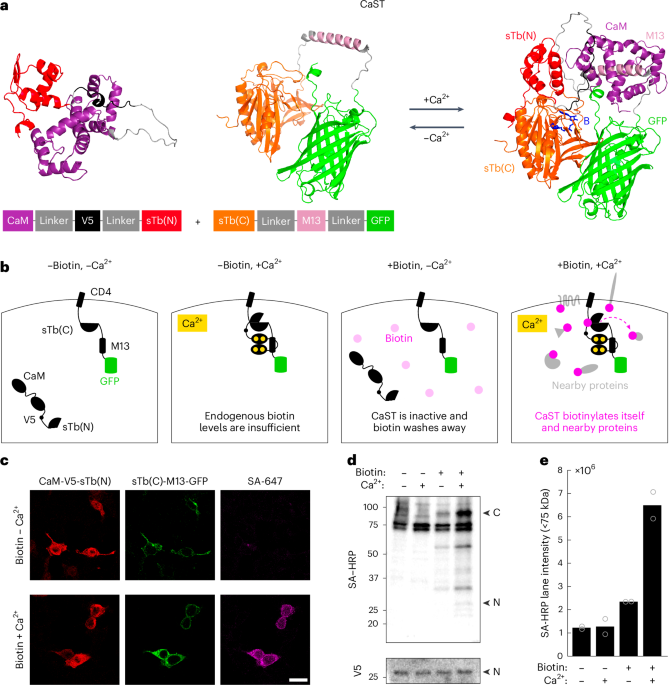
‘Drug-resistant typhoid is the final warning sign’: disease spreads in Pakistan as antibiotics fail
F rom his sickbed, eight-year-old Ukasha could see his siblings play with a ball in the courtyard. His head hurt and his body felt too heavy to move. Ukasha had typhoid fever – an illness he should have recovered from in days. It had been a month.
At its worst, typhoid can kill. Ukasha’s family were anxious, even moving his bed outside to give him fresh air and sunlight. Now he could sit up, smile at the view in front of him and even finally eat his favourite food, eggs.
His classmate, 12-year-old AbuZar, had also been in bed for months with typhoid. At the height of the infection, he woke up in the middle of the night, burning hot and drenched in sweat.
Typhoid, also known as enteric fever, is an infection caused by contaminated food or water. If left untreated, it kills one in five. But the cure is a simple course of antibiotics. Most people, if they get the drugs promptly, should start recovering within a few days.
But the antibiotics used to cure typhoid are now failing. The bacteria, Salmonella typhi, have developed resistance to the antibiotics meant to kill them. It’s a pattern repeated across the world; the problem of resistant infections is global and borderless.


























